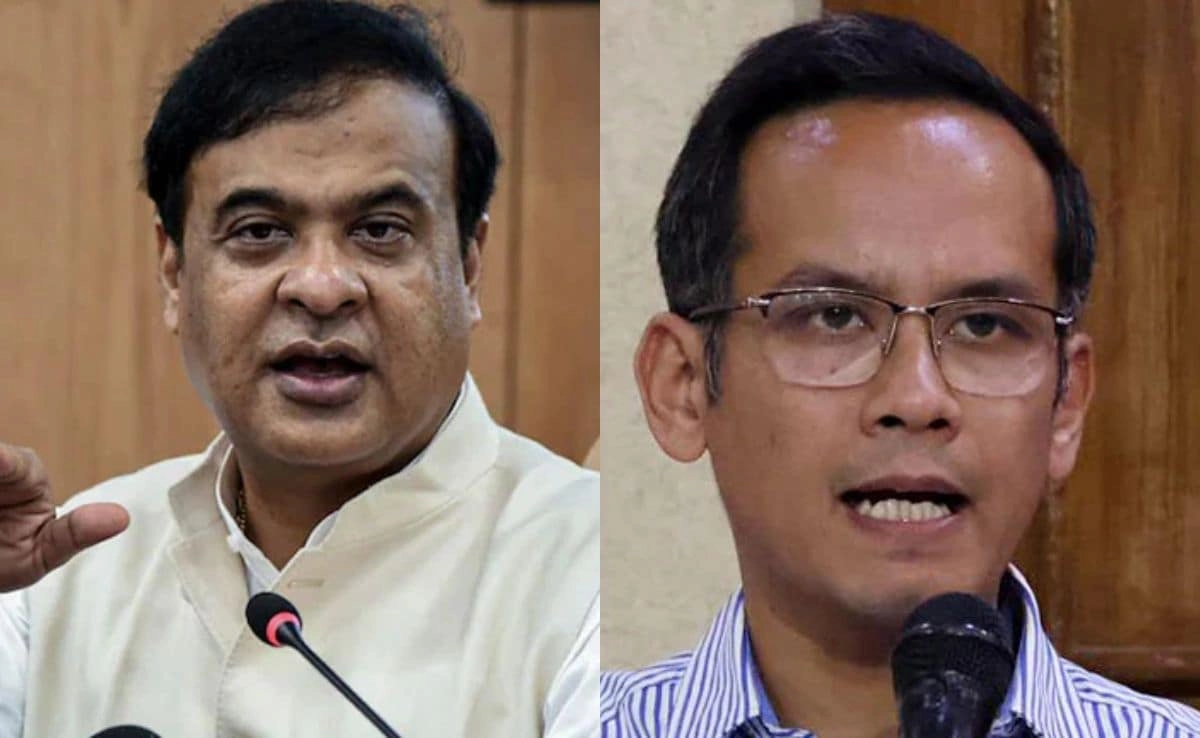Himanta Biswa Sarma, the Chief Minister of Assam, has made a significant allegation regarding Gaurav Gogoi, a prominent leader from the Indian National Congress. Sarma claimed that Gogoi spent a total of 15 days in Pakistan, a statement that has sparked considerable controversy and debate within political circles. This assertion raises questions about the implications of such a visit, especially given the historical context of India-Pakistan relations. The timing of Sarma’s allegation also seems strategic, as it coincides with ongoing political campaigns and discussions surrounding national security and patriotism.
The allegation has led to a flurry of reactions from various political factions, with Gogoi vehemently denying the claims. He has characterized Sarma’s statement as a politically motivated attack intended to undermine his credibility and distract the public from pressing local issues. The political climate in Assam is already charged, and such accusations can escalate tensions between parties, particularly as elections approach. Gogoi’s denial and the demand for clarity on Sarma’s claims reflect a broader struggle for narrative control in a highly polarized environment.
Moreover, this incident highlights the role of social media and public discourse in shaping political narratives. In the age of instant information sharing, allegations like these can quickly gain traction, influencing public opinion and voter behavior. Analysts suggest that such controversies often reflect deeper issues within political parties, including their strategies for winning over constituents. As both Sarma and Gogoi navigate these allegations, it will be crucial for them to address the concerns of the electorate, focusing on substantive issues rather than engaging in personal attacks. This incident serves as a reminder of the complex interplay between politics, national identity, and public perception in contemporary India.




